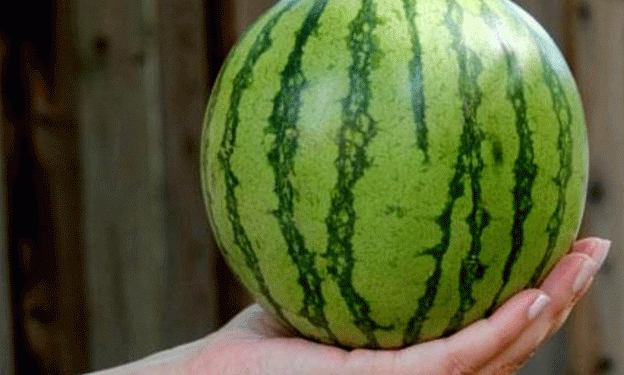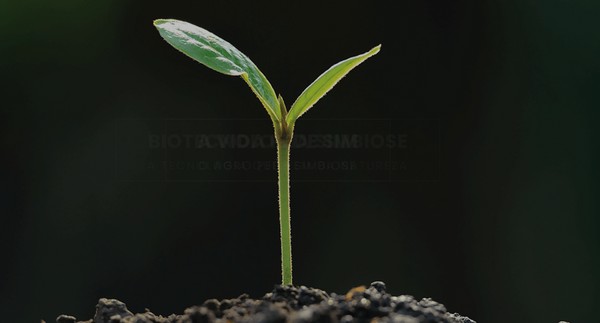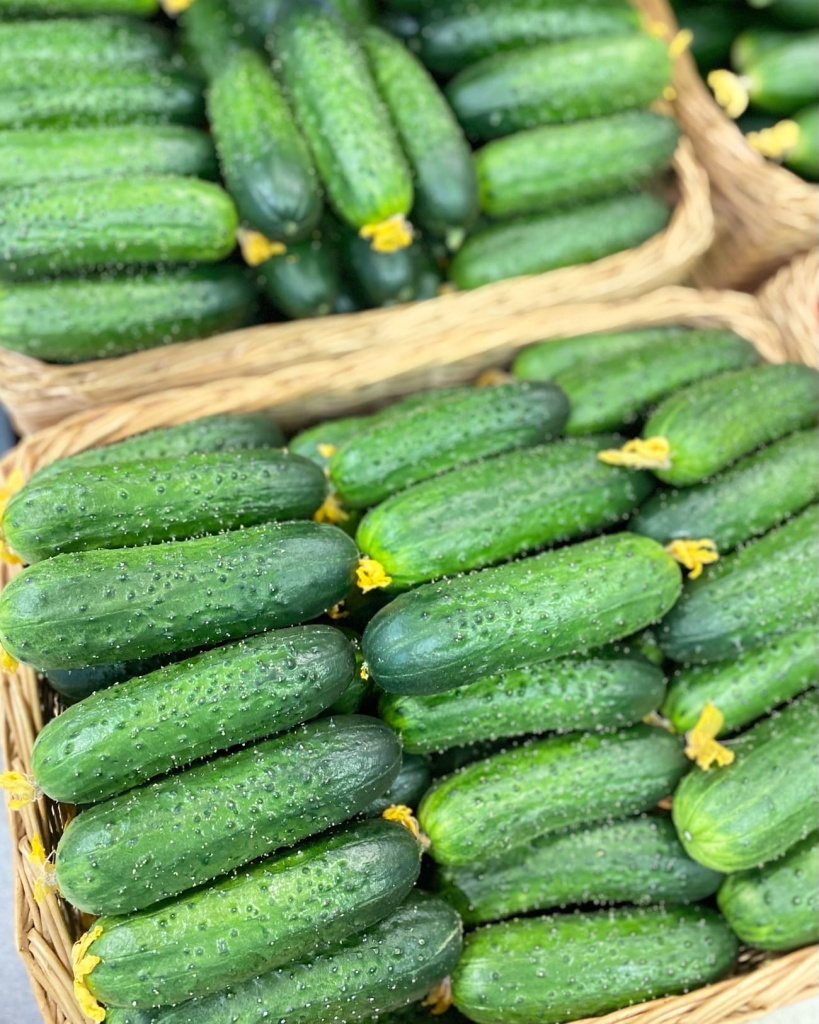Expansion and Popularity
For the third consecutive year, Aldi has partnered with the Belgian producer group Tomeco, which includes Tomato Masters from Deinze, to offer mini-watermelons. This year marks a significant expansion as the mini-watermelons, previously available only in Flanders, are now stocked in all 440 Aldi stores across Belgium, including Wallonia.
The first mini-watermelons were planted in greenhouses at the end of April, with the harvest season running from mid-June to mid-September. Last year, approximately 140,000 mini-watermelons were produced, sufficient to supply Aldi’s 258 stores in Flanders for three months. With the inclusion of Wallonia, the exact production numbers for this season are yet to be determined, but the popularity of these melons continues to rise.
Sustainable Cultivation Practices
Sustainability is at the heart of the production process for these mini-watermelons. “They are grown in a manner similar to our tomatoes, with a significant focus on sustainability,” explains Tom Verdonck from Tomeco. “We primarily use water reclamation techniques. The melons are not grown in soil, which means they do not develop soil spots and remain cleaner. Additionally, their naturally smaller size makes them an efficient crop.”
Water management is crucial in watermelon cultivation, and Belgian growers have adopted innovative practices to minimize water usage while ensuring the melons receive adequate hydration. This careful management allows for a high-quality product that meets consumer expectations for both taste and environmental responsibility.
Market Response
The mini-watermelons have quickly become a favorite among Belgian consumers, appreciated for their sweet flavor, convenient size, and appealing presentation. Lynn Vermeiren from Tomato Masters highlights the positive market response and the increasing demand for locally produced, sustainable fruits.
The introduction of mini-watermelons to Aldi stores in Wallonia signifies a successful expansion of this popular fruit in Belgium. Through innovative and sustainable cultivation practices, Belgian producers are setting a new standard for greenhouse agriculture. As the demand for these mini-watermelons grows, so does the potential for further advancements in sustainable farming techniques, promising a sweet and environmentally friendly future for Belgian agriculture.










